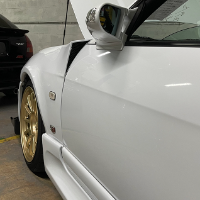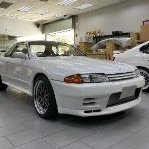Nismo Thermostats In Rb Motors?
Announcements
-
Similar Content
-
Latest Posts
-
Yep. And if you ever do, you'll just have to deal with it then.
-
By joshuaho96 · Posted
E10 is pretty tightly regulated in percentage. Too much and engines can't adapt. Every incentive is against them to have too little ethanol though. The more ethanol the higher the octane. -
Yeah i have R34 with factory small box and now RB25DET NEO swapoed and iam planning to upgrade to big box. So i would be good as long as i do not change diff?
-
Based off what you’ve said here, I think I’ve figured out a good bit of what I’ve done wrong - So on the line going from the PCV valve to carbon canister, there’s a T joint that is pretty much right next to that lower port - I hadn’t noticed that the hose in the diagram was curved to attach onto the carb, so I was putting that line for the lower port onto the PCV line / carbon canister line instead. I’m going to have a flick through the manual again tomorrow and should hopefully find a diagram that’ll show me where that T joint should be connected to. Timing also 100% needs to be sorted out as well, should be able to tackle that tomorrow as well. Definitely feel like I should be on the right track now though.
-





Recommended Posts
Create an account or sign in to comment
You need to be a member in order to leave a comment
Create an account
Sign up for a new account in our community. It's easy!
Register a new accountSign in
Already have an account? Sign in here.
Sign In Now